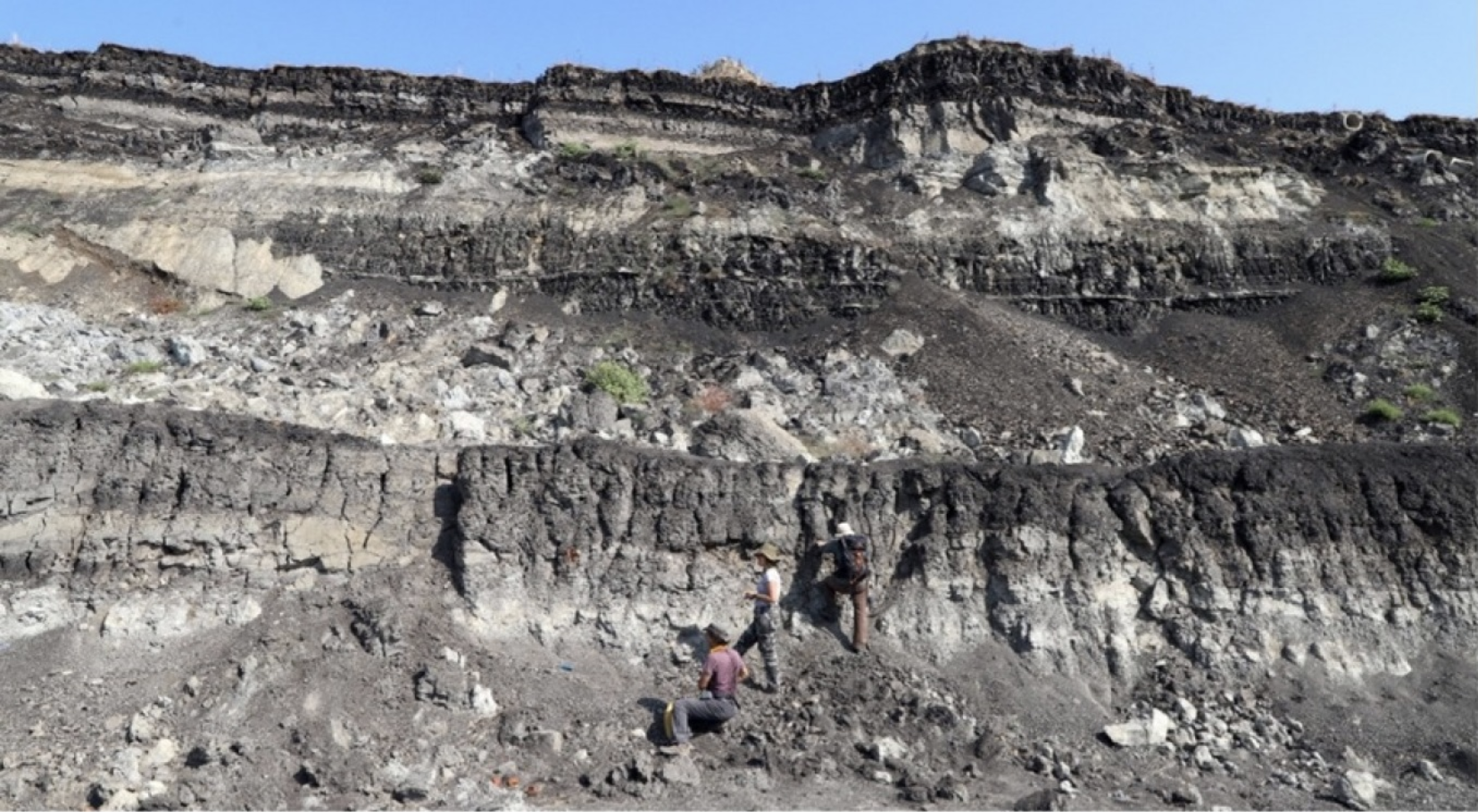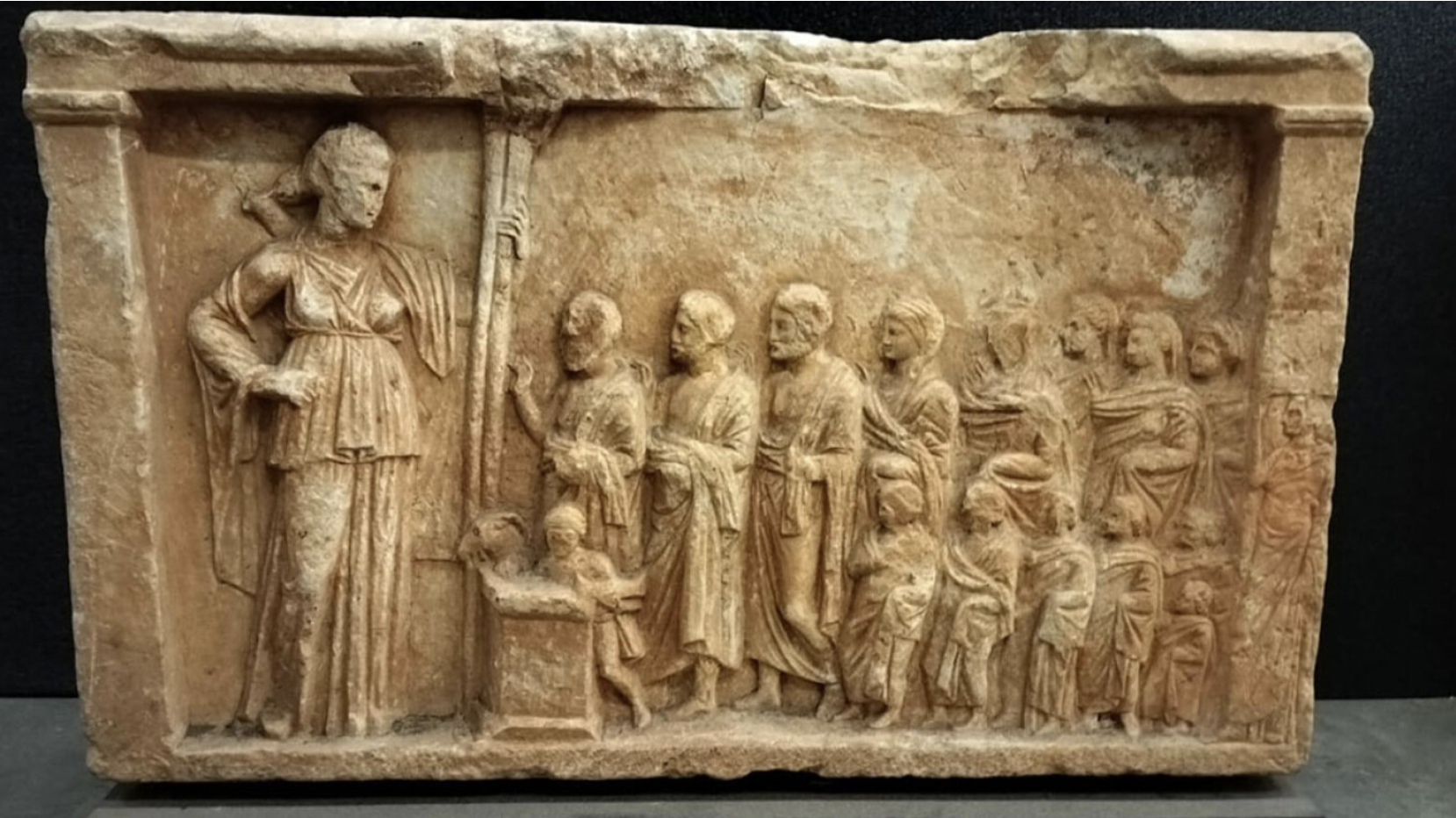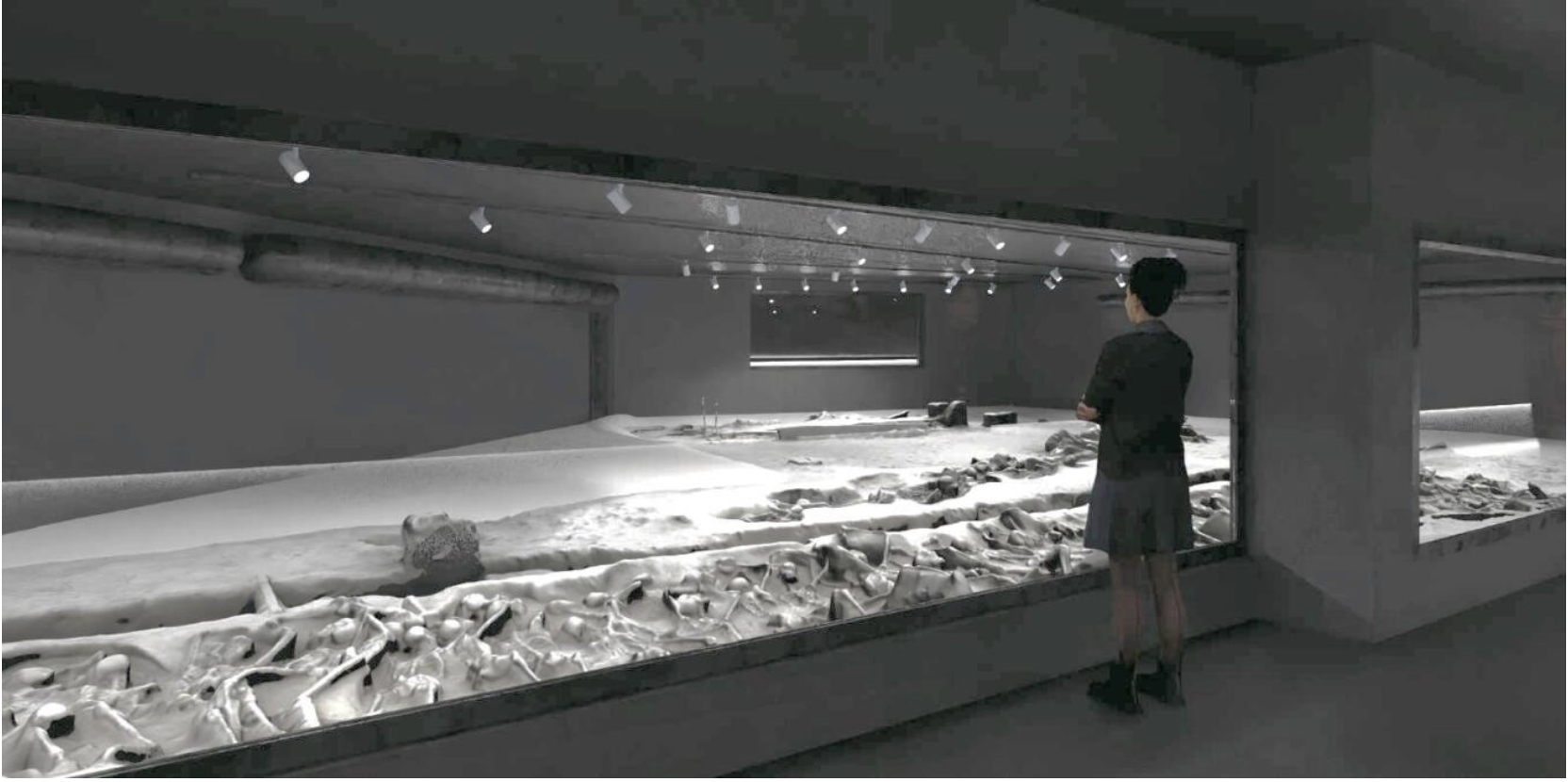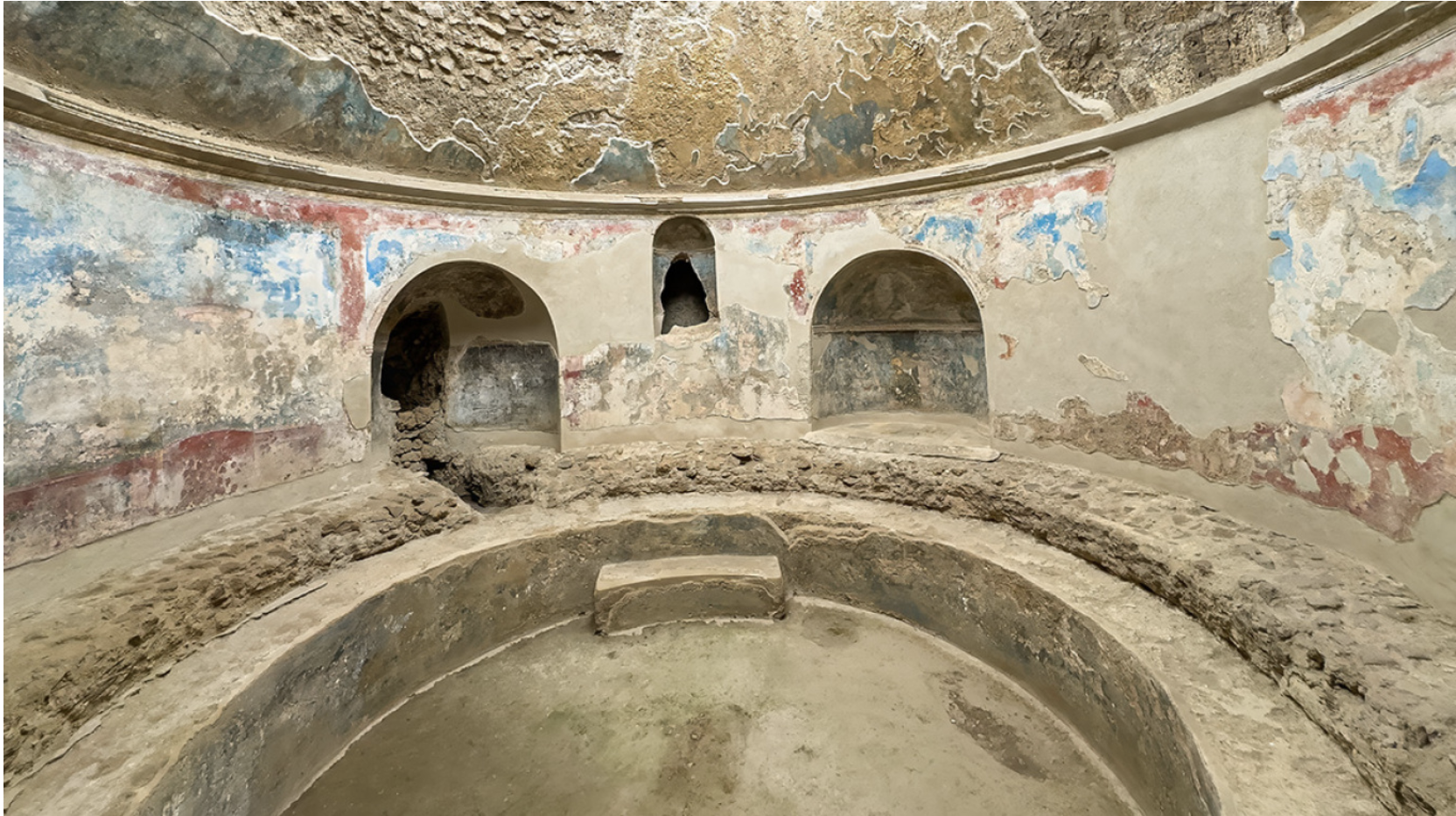New tax measures and also time limits on short-term property leases are being considered by the government, with decisions to be taken next autumn and, in any case, to be implemented after a transitional period of adjustment.
This framework was outlined by the head at the economic office of the Prime Minister’s General Secretariat, Alexis Patelis, speaking yesterday at the 1st International Conference of the TMEDE. Specifically, Mr. Patelis announced new changes to the short-term rentals regime, such as Airbnb, after the summer, with interventions in time limits and taxation, assuring that “there will certainly be an adjustment period” for the implementation of any changes.
It was already known from Prime Minister Kyriakos Mitsotakis’ own statements that new restrictions on leases were being considered. Yesterday, Mr Patelis revealed two new facts: First, that the measures will also have a tax character and second, that they will touch on the sensitive issue of how many days a person can rent his/her house through short-term rental platforms. But what he also clarified for the first time is that the measures will not have immediate application but there will be a period of adjustment for landlords, i.e., as was the case with the Golden Visa program where a transition period, until the end of August, was given for the change in property purchase limits.
Reports suggest that the new measures will not target owners with one or two properties on short-term leases, but rather those who have made a profession of Airbnb, disposing of many properties. Initially, the Ministry of National Economy and Finance together with the ADE will examine the application of the measures in force from this year. That is, whether professional owners with more than two Airbnb’s in their tax ID number actually opened books with the tax office if they pay the nus taxes and fees etc.
Subsequently, the result of the tourist season will be evaluated while the final decisions will take into account, the geographical dimension, the housing problem of each region and whether short-term rentals have negatively affected the finding of housing for long-term rentals.
Some reports, mostly coming from the hotel industry, talk about activating a frozen legislative provision that places time limits on AirBnB operations at 60 to 90 days a year. Some other entities, such as municipalities, are calling for them to control the number of licenses which is – for now – denied by the government.
The only thing that seems to be under consideration is to put more pressure on those who have many properties on the platforms and in any case not to affect the income from one or two short-term rentals especially in cases where a family lives mainly on this income.
Ask me anything
Explore related questions





